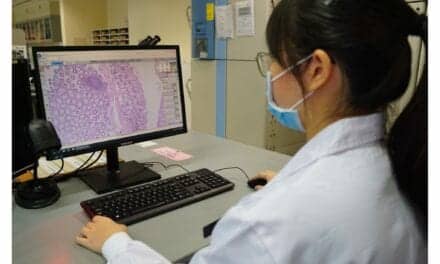[removed]Agendia BV[/removed], Amsterdam, the Netherlands, has acquired the rights to the discovery of a major mechanism of resistance to the frequently-used breast cancer drug Herceptin, which is published in the Oct 15 issue of the journal Cancer Cell.
The antibody drug Herceptin targets the HER2 protein, which is hyperactive in about one in four breast cancers. The HER2 protein contributes to aggressive cancer behavior.
Striking initial responses are observed in combination with chemotherapy in more than half of treated patients, however many responding patients eventually develop resistance to Herceptin-based therapies. Agendia has published a rapid method to identify biomarkers associated with nonresponsiveness to cancer drugs in cell culture, and has used the technology to identify a mechanism of resistance to Herceptin-based cancer therapy. It has demonstrated these biomarkers have predictive value in patients treated with the drug.
More work is needed to further validate the findings, but the method is generally applicable to find mechanisms of drug resistance and should expedite the development of biomarkers associated with therapy nonresponsiveness, according to Prof Rene Bernards, Agendia’s chief scientific officer.
The technology relies on the simultaneous inactivation of thousands of genes through RNA interference in cells that are sensitive to a specific cancer drug. If the inactivation of a specific gene confers resistance to a cancer drug, cells harboring the inactivated gene can continue to grow in the presence of the cancer drug, and may be identified. In the present study, deregulation of the phosphatidylinositol 3-kinase pathway, which is mutated in up to half of all breast cancer tumors, was identified as a key mechanism of unresponsiveness to Herceptin-based therapies.
Agendia focuses on the development and commercialization of diagnostic tests using tumor gene expression profiling.




